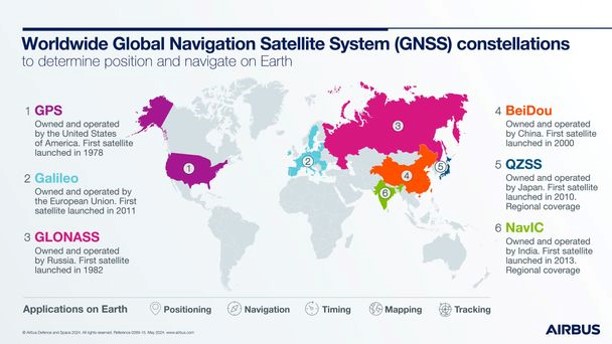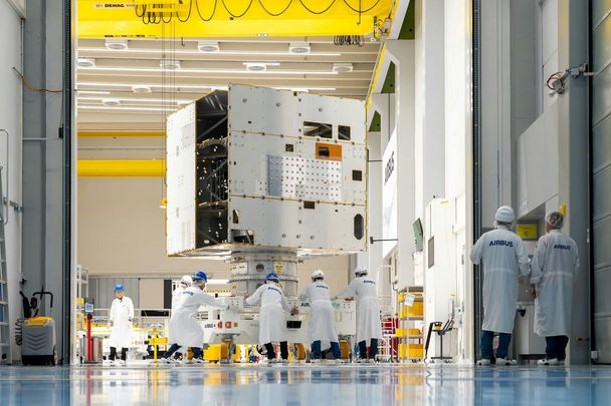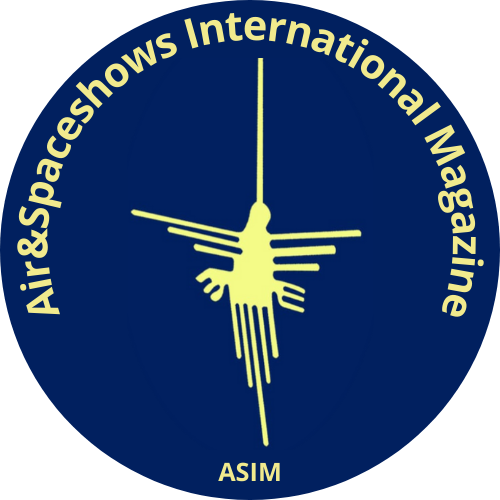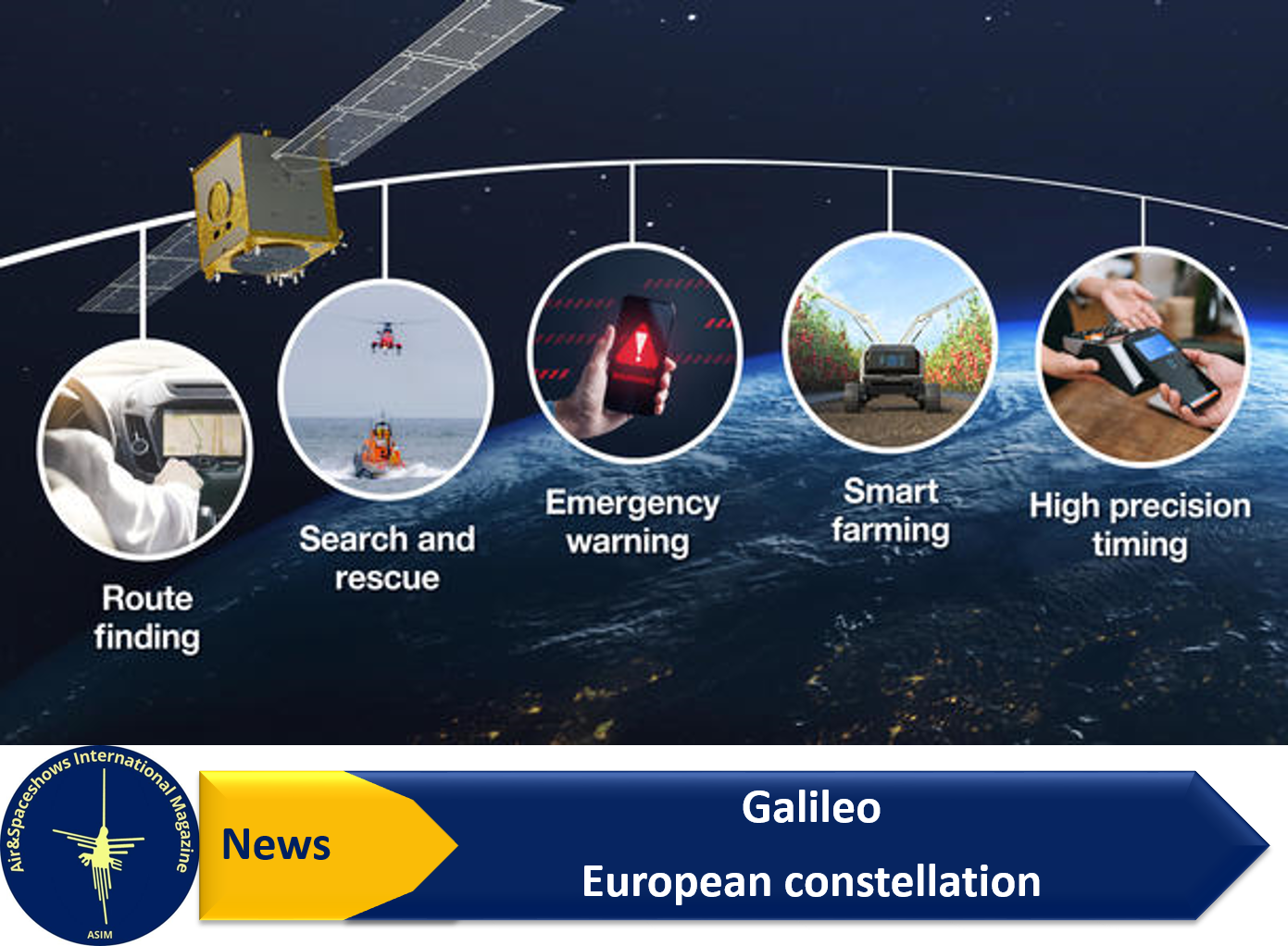ASIM, jun 15
Navigation satellites, part of the Global Navigation Satellite Systems (GNSS) family, are the invisible technology enabling precise location and time setting on Earth. These systems have revolutionized global navigation, rendering traditional tools like maps and compasses obsolete. Originally developed by the US military as the Global Positioning System (GPS), GNSS now includes multiple constellations launched by various governments. Accessible via mobile phones, cars, aircraft, trains, and ships, these systems ensure reliable navigation anywhere in the world.
Since the inception of the Galileo program, Airbus has provided major system expertise to the European Space Agency, the European GNSS Agency, and the European Union. Starting in 2005 with the test satellites GIOVE-A and GIOVE-B, Airbus played a key role in building the four in-orbit validation satellites, enabling ground-based positioning using Galileo. Until 2018, Airbus was the prime contractor for Galileo’s ground control infrastructure. In December 2023, Airbus began producing Galileo Second Generation satellites, achieving the Critical Design Review milestone, indicating readiness for full production. Concurrently, Airbus is developing the third generation of the EGNOS system to enhance GNSS performance for critical applications like aircraft landing and maritime navigation.






